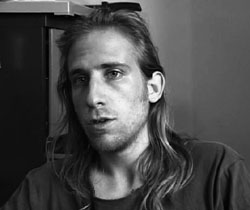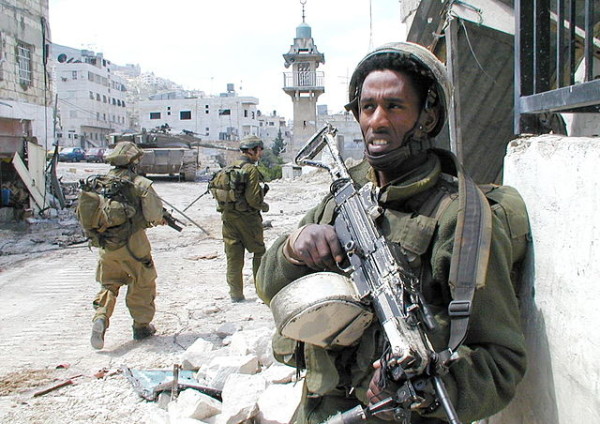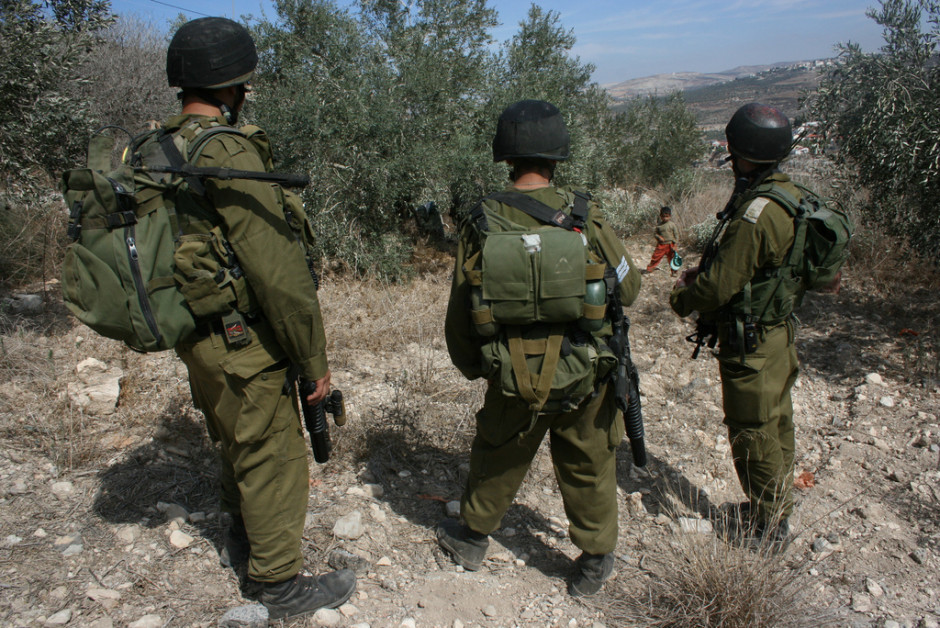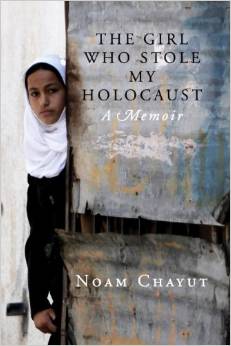Noam Chayut was a young officer in the Israeli army who wholeheartedly believed in his nation’s cause and raison d’etre. He was such a model of the Zionist narrative that, upon the completion of his military service, he was sent to Miami, Florida, on a public relations mission on behalf of the Israel Defence Forces and Israel Bonds “to tell tales of courage.”

By that juncture, he was already torn by deep doubts about the morality of Israel’s occupation of the West Bank, which Israel captured in the 1967 Six Day War.
Chayut’s misgivings prompted him to join Breaking the Silence, an Israeli NGO formed a decade ago. Composed of veterans of and soldiers still serving in the army, its aim is to expose questionable and objectional practices on the part of the army in the West Bank that contravene the tenets of international law and the norms of human rights.
Now Chayut has taken his crusade one step further with an impassioned book that reads like a memoir, The Girl Who Stole My Holocaust (Verso). It’s published at a time when resistance to Israel’s occupation is growing in Israel itself, the United States and other Western countries.
Chayut was born in 1979 in Kfar Yehezkel, a moshav in northern Israel. A poster boy for Israel, he was sent to Chile and Argentina on a special mission by the Ministry of Foreign Affairs when he was in grade 11. As a “young ambassador,” his task was to speak of Israel’s “beauty, sanctity and uniqueness” at schools, universities and youth movements.
“I told them what a cool place Israel was and that they shouldn’t listen to the news about us because everyone lied and we in Israel only wanted peace …”
After being inducted into the army, Chayut served in the West Bank, which was being convulsed by the second Palestinian uprising, an armed revolt that claimed the lives of many Palestinians and Israelis. Chayut was on duty in the West Bank when Israel reoccupied it in 2002 in Operation Defensive Shield.
One day, during a routine raid, he encountered a terrified 10-year-old Palestinian girl who viewed him as the personification of evil. The impression she left on him was lasting. It would corrode his core beliefs and shatter his assumption that Israel — a nation which emerged in the wake of the Holocaust — could only be perceived through the prism of victimhood.
Chayut, however, was transformed not only by this searing incident.
He was shocked when a deputy battalion commander in the West Bank congratulated him on having crushed an old, beautifully-preserved Volkswagen “bug” with his armoured personnel carrier. And he was ashamed of himself for having stolen a Koran from a bookcase in a Palestinian home.
“I did tell the truth in my speeches,” he writes in a reference to his speaking engagement in Miami. “I just didn’t tell all of it. I didn’t lie, didn’t distort. I didn’t even exaggerate. But I didn’t tell the true story.”
Having reached the point when he could no longer justify Israel’s occupation, Chayut was drawn to Breaking the Silence. “The process was slow at first, but after a while I felt I was sliding down a slope, losing grip on my sense of self,” he says. “I lost more and more components of my previous identity as a new one was being formed …”

Toward the close of the book, Chayut finally comes to terms with his new outlook. As he bluntly puts it, “I was among the brainwashed who committed crimes in the occupied territories, and the quiet struggle over public opinion that Breaking the Silence is conducting is also a kind of penance for me.”
He adds, “Today my eyes are open, my denial mechanisms have collapsed, my false security arguments have evaporated …”
Regrettably, Chayut doesn’t elaborate on these important insights, thereby leaving a yawning gap in his book. But anyone who thinks that Israel’s occupation is a counter-productive exercise that will probably undermine its status as a Jewish democratic state will doubtless understand exactly what he means.

